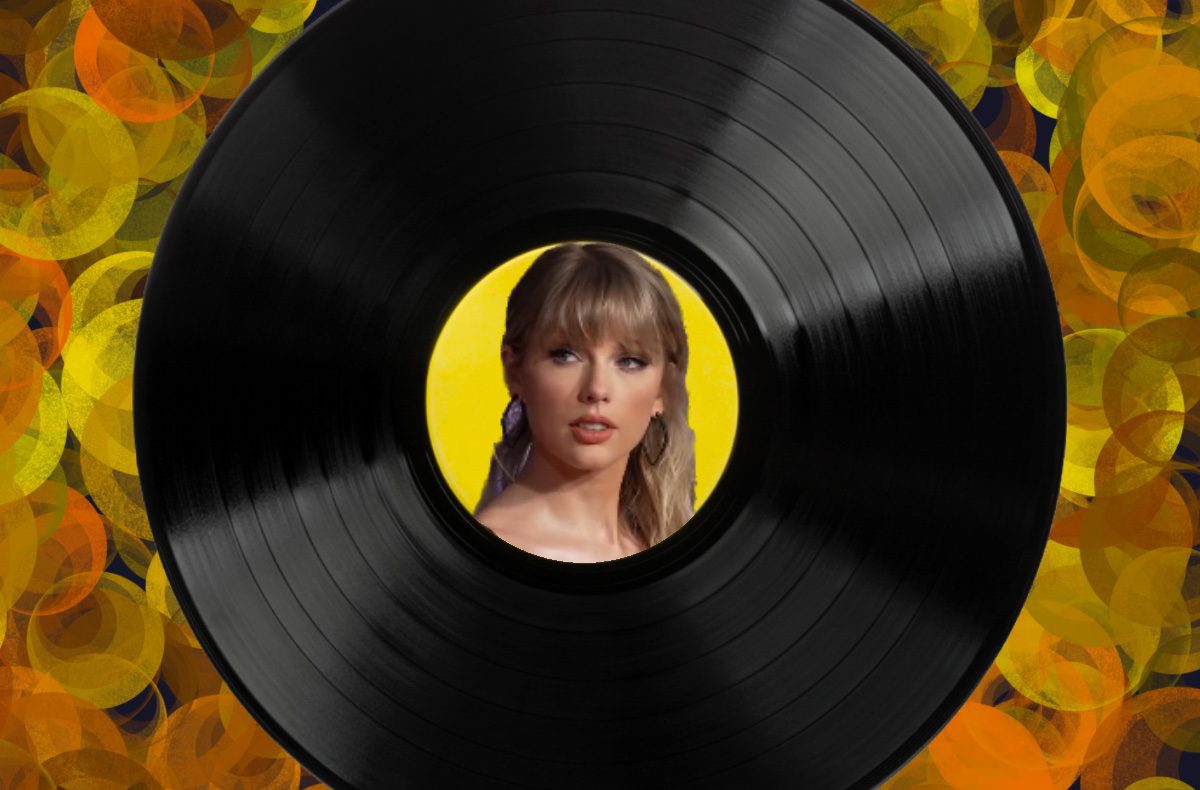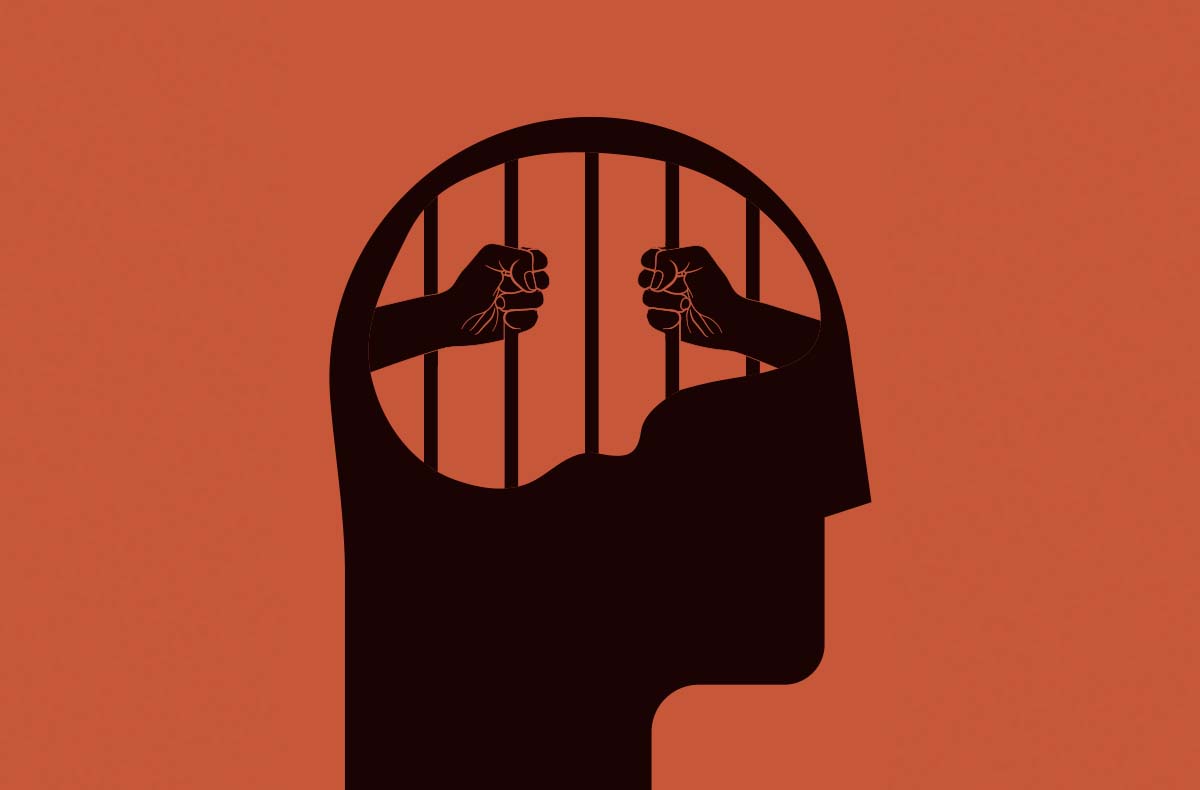
Photo From Cosmopolitan UK, Remixed by Nikki Muller
There is a long history of music providing a stage on which social, political, and cultural issues have played out, from songs of protest to unification to punk to pop (which I’ve explored in my book, States of Independence.) So it’s no surprise that today, the industry finds itself front and center within our most heated cultural debates.
Recently, the Brit Awards had no women in their best artist category since opting for gender-neutral categories last year (when Adele controversially celebrated the fact that she was proud to be a woman) as the bestsellers were all men. Concurrently, the traditional enthusiasts’ favorite—vinyl—has overtaken CDs as the most bought physical medium, with Taylor Swift leading sales.
What does it say that all the best sellers were men? Does it say anything, or was it just how the cookie crumbled at the time? British non-binary crooner Sam Smith commented, “[The Brits] just have to celebrate everyone because this is not just about artists getting awards. Awards are for kids watching on TV, thinking, ‘I can make music like this.”’
Why is it important that young music or film lovers see themselves singing back at themselves from the silver screen? Isn’t the confected factory of the dream machine about creating new alternative realities into which to step rather than constantly trying to “own” that place?
Furthermore, to those bemoaning the all-male outcome of this year’s Brits, would it be better to have gender segregation to celebrate lesser-selling albums just because they’re by women? And where would nonbinary artists like Smith then land? Might it instead just be a matter of allowing time to pass for this imbalance to correct itself?
Some might see Taylor Swift’s domination of vinyl as a sign of potential paradigm changes to come. Historically, vinyl has been a male-dominated medium, like gaming and old-school PCs. Gradually, the tech overlords have marketed it to be first useful, then cool, then indispensable. The pushing for sexual equality in the media is as much a financial concern as a humanistic one, and it was only a matter of time before the multifaceted rights brigade was going to push for their representation, too.
Eight-track cartridges in the 1960s were superseded by vinyl in the 70s; cassettes in the 80s were replaced by CDs in the 1990s; reaching a kind of maximum price, maximum exposure watershed in around 1997. Post Blair/Diana/Clinton, Napster took over, music became liquid, and David Bowie’s prediction of music being as available as water from a tap gradually became true.
Now, the medium has become more interesting and important than the cultural movements from the physical 20th century, as the listeners opt for the ease of iTunes and Spotify, and the eras of identifying as mods, rockers, punks, and goths morphed into identifying as non-binary, anti-racist, vaccine-skeptic, and so on.
That nagging sense of wanting something physical of the artist remains, though, particularly when the artist is as iconic as someone like Taylor Swift (or Led Zeppelin, for that matter). So the black vinyl album, that exquisitely minimal memoriam in wax, enjoys a resurgence in buyer’s choice, the market deciding which format it best likes to hear its heroines and heroes. And that choice is circular (insert pronouns at will).
The Internet had both a destructive and renewing effect on the music industry, roughly as the centuries turned. The Net was also quickly seen by activists as a useful tool towards unmandated social change, leading to the Obama election, Occupy, the Arab Spring, #MeToo, Black Lives Matter, and many more. This well-meaning social change has led to other areas dangerous to artistic free expression, such as cancel culture, groupthink and progressive hegemony in the arts and education. This, in turn, has led to a strange situation where the traditional Right have become rebels against the mainstream, whether decrying the excesses of gender activism or protesting via the post-feminist phenomenon of Incel culture.
Pretending that the impressive sales of Adele and Swift aren’t connected to these intersectional social movements would be disingenuous and is another area in which the media story has become more important than the content of the work presented.


